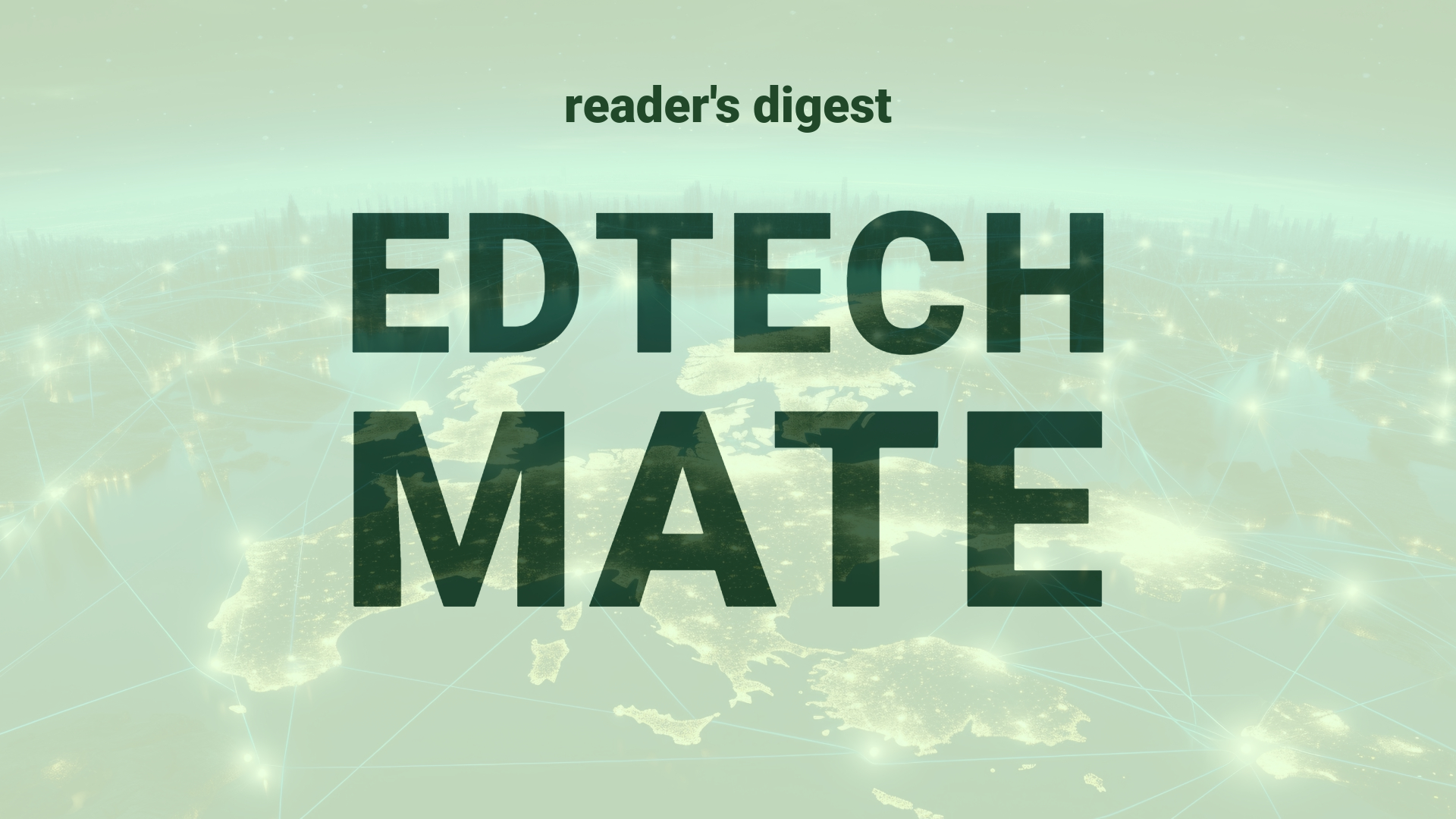Executive Summary and Main Points
Recent research explores the impact of artificial intelligence (AI) on leadership quality, positing that AI can significantly enhance leadership capacities. Contrary to the focus on technical repercussions and AI’s potential negative side, it is suggested that AI could render leadership more humane by augmenting leaders’ awareness, wisdom, and compassion. The concept of the “AI-augmented leader” emerges as a cornerstone, which represents the symbiosis of human qualitative leadership with the analytical efficiency of AI, engendering a both/and mindset within the educational sector and beyond.
Potential Impact in the Education Sector
The integration of AI into leadership practices could drastically redefine the paradigm within Further Education, Higher Education, and the burgeoning sector of Micro-credentials. AI can streamline administrative tasks, foster data-driven decision-making, and personalize learning experiences. In strategic partnerships, AI’s predictive analytics might inform curriculum development and partnership strategies, strengthening global collaboration and cross-cultural educational initiatives. Digitalization, herein, amplifies the potential for an interconnected educational landscape underpinned by enhanced leadership capabilities.
Potential Applicability in the Education Sector
In envisioning AI’s applicability, education systems globally could see the emergence of AI-driven platforms for teacher training and leadership development. These digital tools can inform pedagogical methods and curate bespoke micro-credential offerings in real-time. For learners, AI can adapt individual educational journeys through customizable learning paths and real-time feedback mechanisms. Cross-institutional collaboration can be facilitated via AI-matching systems that align complementary research interests, resources, and expertise across borders.
Criticism and Potential Shortfalls
Despite the promise, AI integration within leadership and educational frameworks presents challenges. Ethical concerns, such as data privacy and biases in AI algorithms, necessitate a critical approach. Cultural sensitivities must be addressed, eschewing one-size-fits-all AI solutions in favor of more nuanced applications. Comparative case studies, such as those contrasting AI implementation in varied international contexts, reveal disparities and barriers to equitable access and acceptance. Moreover, an over-reliance on AI could potentially erode intrinsic human leadership nuances, underscoring the need for balanced integration.
Actionable Recommendations
To leverage AI beneficially in the realm of global higher education, actionable measures are vital. Leaders should pursue AI literacy, ensuring an understanding of its tools and implications. Institutions ought to adopt ethical AI frameworks to mitigate biases and safeguard data. Pilot projects can benchmark AI’s impact on leadership effectiveness before larger-scale rollouts. The collaborative development of AI tools should involve multi-stakeholder input, ensuring relevance and sensitivity to cultural dynamics. Finally, continuous evaluation of AI’s role should be in place to harmoniously blend technology with the irreplaceable elements of human judgment and relationship-building within the educational landscape.
Source article: https://hbr.org/2024/06/how-ai-can-make-make-us-better-leaders

